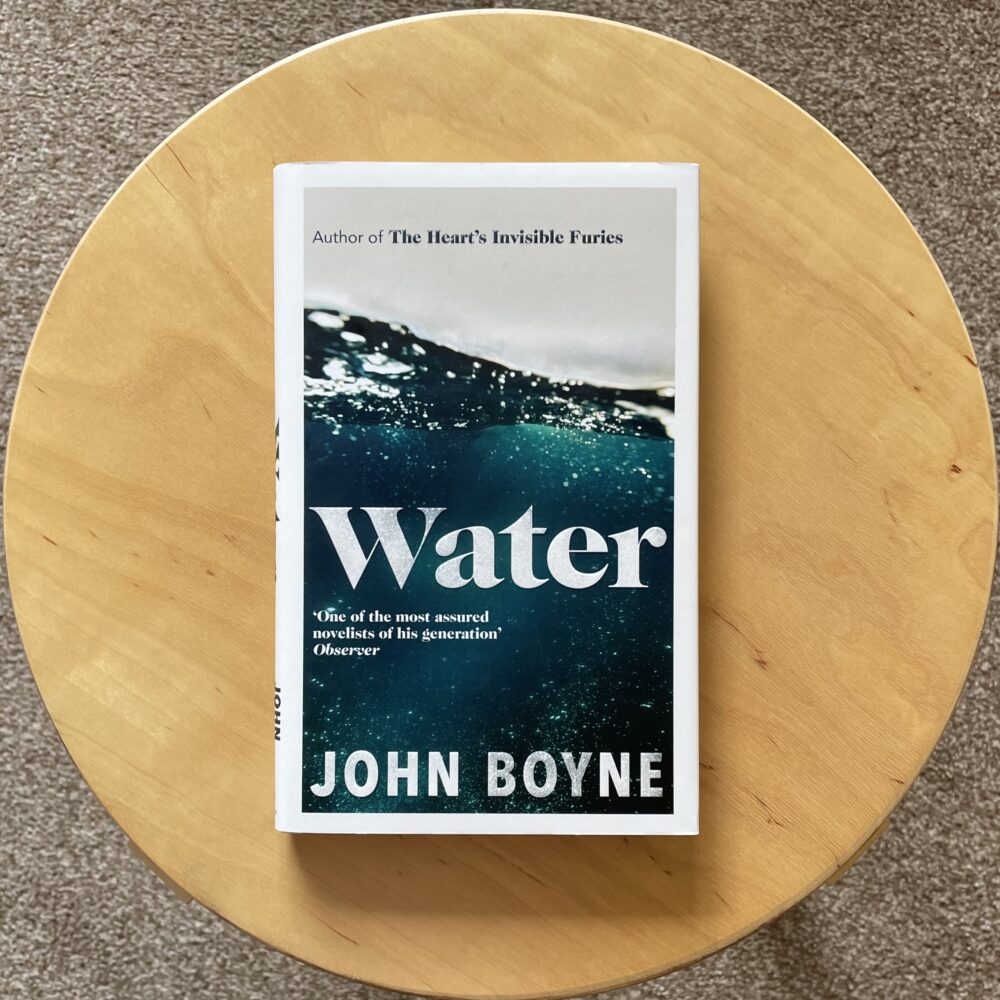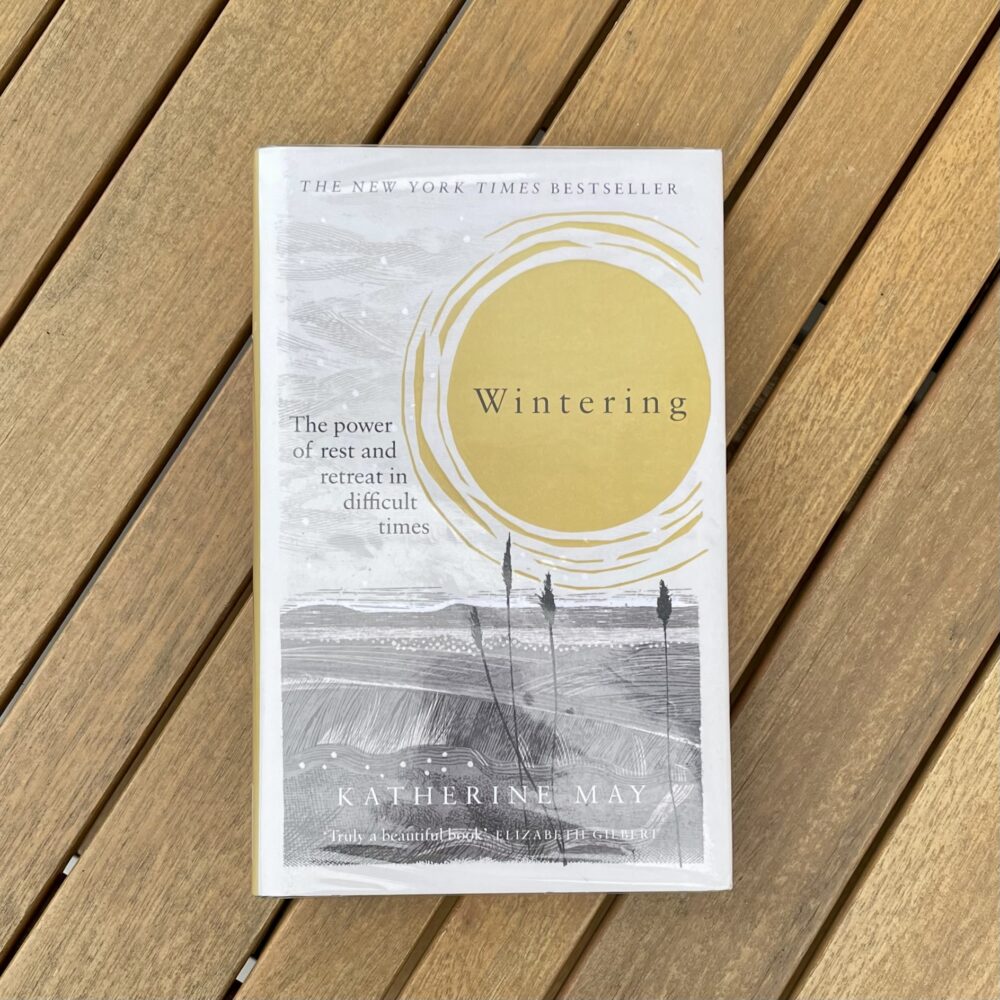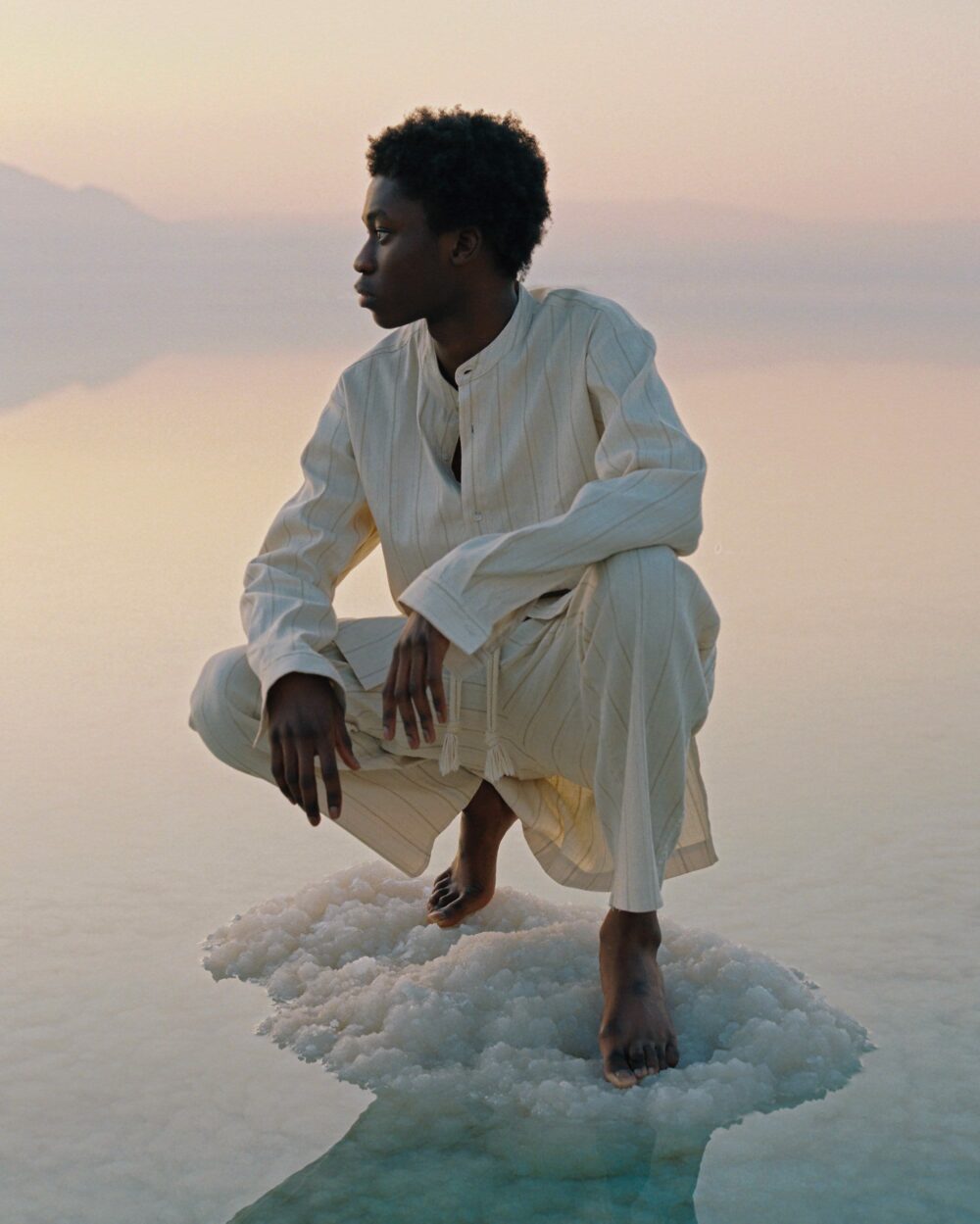I decided to read this 2020 bestseller by Katherine May after reading about the idea of ‘wintering’ in a magazine earlier in the year. I wasn’t sure what to expect, but ended up enjoying it.
This is essentially a memoir of times in May’s life when she has withdrawn from the world. These include homeschooling her struggling child from school as a result of bullying, or travelling to Iceland at a particularly difficult moment in her life. While this is a deeply personal book, May includes interviews with others, reflecting some wider experiences, and draws comparisons to similar behaviours seen in nature.
I enjoyed May’s style of writing, which was quite poetic at times, and I enjoyed her reflections. May’s life is very different to mine in many ways, but I nonetheless found her observations insightful and interesting. She briefly reflects on the lack of time in the modern world for true recovery from illness, which reminded me of recent books I’ve read by Gavin Francis and MR Rajagopal.
Most of all, I found this book easy to read and comforting, a bit like a large warm drink of a book. I think I might seek some of May’s other books to see if I similarly enjoy them.
Some quotations I took away from this book:
There are gaps in the mesh of the everyday world, and sometimes they open up and you fall through them into Somewhere Else. Somewhere Else runs at a different pace to the here and now, where everyone else carries on.
Wintering is a season in the cold. It is a fallow period in life when you’re cut off from the world, feeling rejected, sidelined, blocked from progress, or cast into the role of an outsider. Perhaps it results from an illness; perhaps from a life event such as a bereavement or the birth of a child; perhaps it comes from a humiliation or failure. Perhaps you’re in a period of transition, and have temporarily fallen between two worlds. Some winterings creep upon us more slowly, accompanying the protracted death of a relationship, the gradual ratcheting up of caring responsibilities as our parents age, the drip-drip-drip of lost confidence. Some are appallingly sudden, like discovering one day that your skills are considered obsolete, the company you worked for has gone bankrupt, or your partner is in love with someone new. However it arrives, wintering is usually involuntary, lonely and deeply painful.
Once we stop wishing it were summer, winter can be a glorious season when the world takes on a sparse beauty, and even the pavements sparkle. It’s a time for reflection and recuperation, for slow replenishment, for putting your house in order.
They say that we should dance like no one is watching. I think that applies to reading, too.
We’re not keen, as a nation, on expressions of mass exuberance, unless it’s related to football. We’re suspicious of the donning of robes, of the desire towards ritual. We like our belief tempered with an apologetic quality, a signal of humility. Sermons must bore us. Prayers must be muttered. Singing must be undertaken as a grim obligation, mumbled in the quietest possible voice, by people maintaining strict personal boundaries. The seeking of ecstasy doesn’t come into it.
There’s no doubt that we are supposed to immediately perceive the White Witch’s evil, but neither can we fail to perceive her glamour. Hers is an icy beauty, sharp and crystalline, speaking of the power to walk alongside the hardships of the cold. She seduces Edmund with Turkish delight and promises him magical powers. I’ve always thought that she carries a suggestion of Christmas: the sweets and food, the promise of gifts, but also the way that it forces children to dance with their own greed for a season, encouraged to desire worldly goods, but also scolded for wanting them too much, and with too much alacrity. She is the adult half of Christmas, perceived through a child’s eyes, that slightly bitter edge which they can’t help but notice as the grown-ups lecture them on the need to modify their demands, on the sacrifices they’re making to stage their midwinter dreams. She is the mother dressing up for a party from which children are excluded, leaving the house masked in unfamiliar make-up and perfume; the adults lingering at the card table with drinks on Christmas evening, their cosy duties discharged. She is a glimpse of adult pleasures that they don’t yet know how to crave.
I’m grateful to Newcastle City Library for lending me their copy of this book to read.


